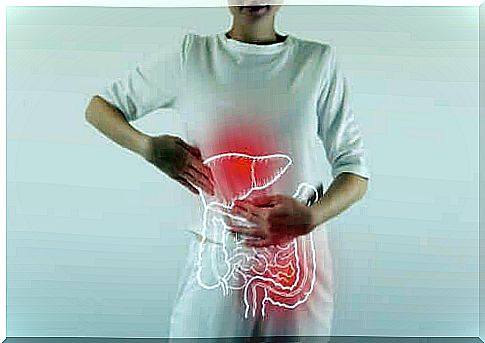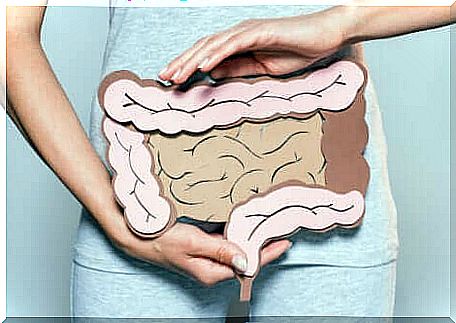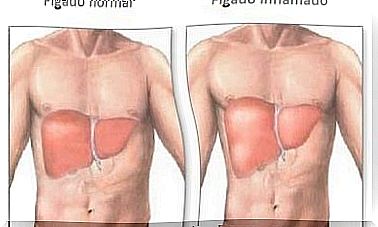Digestive Enzymes: What Is Their Function?

Digestive enzymes are molecules that break down food into simpler portions so that the body can absorb the nutrients it needs. They accelerate chemical reactions by fulfilling specific functions, and without them, the digestive process would not be possible.
It is convenient to know that enzymes are in different parts of the digestive tract, from saliva, stomach, pancreatic juice and intestinal secretions. In addition, where they are located is related to the role they play and the conditions required for them to be activated.
What are digestive enzymes?
Enzymes are molecules, usually protein, produced by the body. They perform their function through many chemical reactions in the body, but each one is specific and has unique substrates on which it acts.
What does that mean? Although there are several types, the lack of any of them can cause certain problems. This is the case of lactase deficiency, the enzyme that breaks down milk sugar and causes lactose intolerance.

Types of digestive enzymes
As we mentioned, there are different types of digestive enzymes, and each one of them acts on a specific nutrient or substrate. Among them are:
- Salivary and pancreatic amylase : convert starch into glucose.
- Gastric and pancreatic lipase: break down lipids into fatty acids and glycerol.
- Cholesterolase and phospholipase : break down cholesterol and phospholipids.
- Proteases: are secreted into the intestinal lumen in their inactive form and are responsible for protein degradation.
What are enzymes for?
As we mentioned, without them the nutrients contained in food cannot be broken down and the body cannot absorb them. Its action is quite complex; therefore, to understand it, we detail below how these enzymes work.
1. Degradation of carbohydrates
The digestion of this nutrient begins in the mouth, where salivary amylase begins to exert its action. Its effect is often limited because it depends on chewing time.
A study published in the international journal Molecular Sciences suggests that if a person chews enough white bread, he may experience a slight sweet taste due to the breakdown of starch.
Pancreatic amylase continues the degradation process. The juice produced by the pancreas is released when the stomach empties its contents into the small intestine; this enzyme is found in this pancreatic juice, as well as in lipases and proteases.
Finally, the simplest units of carbohydrates, glucose, fructose and galactose, can be absorbed by the body.

2. Protein degradation
Protein digestion begins in the stomach with gastric pepsin, produced by the stomach. Most of the protein digestion takes place in the first and second portions of the small intestine, where pancreatic proteases act.
These proteases reach the intestine in their inactive form, because, if they became active before then, they could cause the pancreas to self-digest and lead to major complications.
3. Fat degradation
Lipid digestion starts in the stomach with gastric lipase and represents 10% of total digestion. Soon after, this action continues with pancreatic lipase, when fats reach the intestine and 90% of the degradation is completed.
For the enzymes that break down fats and cholesterol to work properly, bile is needed. The latter appears in the liver and is stored in the gallbladder.
With the arrival of fats in the intestinal lumen and by nervous signals, bile is released to work together with lipases, phospholipases and cholesterolase, respectively.
Factors Affecting Enzyme Production
There are several factors that can affect the production or function of enzymes. Some of the most common situations are as follows.
- Poor food.
- Gastrointestinal disorders and malabsorption.
- Pancreatic insufficiency.
- Cystic fibrosis.
- Aging, among others.

What should be clear about digestive enzymes?
Digestive enzymes play a very important role in the breakdown of nutrients that are contained in food. When the body works properly, enzymes also function optimally in the metabolism of carbohydrates, fats and proteins.
However, when there is a metabolic disease or a situation that alters its production, it is likely that food does not break down as it should. Consequently, a picture of nutrient deficiency or malnutrition can occur.









